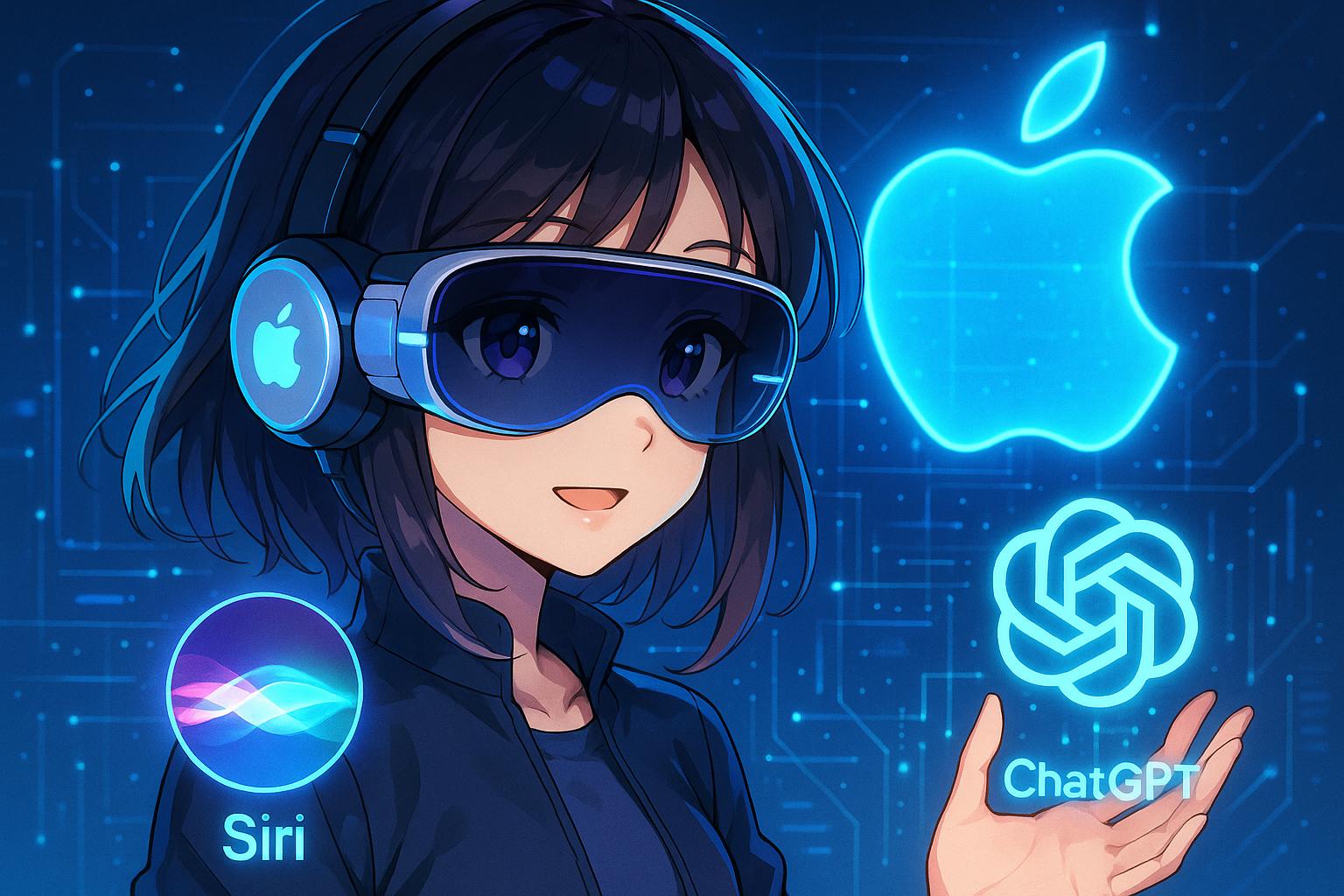Apple’s ongoing battle to revitalise its virtual assistant, Siri, highlights the competitive landscape in the AI ecosystem, where rivals like Google and Microsoft continue to flourish. Despite previous claims of enhanced capabilities, Siri has struggled significantly, resulting in a notable disconnect between marketing promises and actual performance. This has led Apple to a controversial, albeit strategic, decision to integrate ChatGPT into its Apple Intelligence stack, enabling the AI chatbot to manage queries beyond Siri's scope. Currently, users must grant permission for Siri to resort to ChatGPT for such tasks, further emphasising Siri's imperative need for an upgrade.
In a potential departure from tradition, Apple is reportedly considering allowing users to replace Siri with alternative voice assistants, such as Google's Gemini or OpenAI's own ChatGPT. This transformative move aligns with anticipated changes in European Union regulations that encourage competition among digital services. According to insiders, these modifications would mark a significant shift for Apple, where Siri, once hailed as a hallmark of innovation, has increasingly been viewed as lagging behind more sophisticated rivals. The prospect of users switching to third-party assistants encapsulates a broader trend: many have already begun to favour AI offerings that deliver richer, more accurate responses.
The push for Apple to enhance Siri is underscored by an impending shift in user preferences. Compounding this shift, the company has begun to implement changes that prioritise interoperability with third-party products, seen in its concessions in the EU market. These changes allow users greater control over their devices, including the ability to select alternative apps for messaging and calling—an indication of a willingness to adapt in a rapidly evolving tech landscape. As Bloomberg indicates, without substantive improvements, many users may feel compelled to abandon Siri altogether.
Looking ahead, Apple has initiated work on a next-generation assistant, internally termed LLM Siri, designed to leverage capabilities similar to those found in leading AI chatbots. However, this ambitious project is expected to take approximately one to two years before it becomes available to users. In the interim, the existing Siri infrastructure will see enhancements through the integration of generative AI features like automated writing assistance, image generation, and prioritisation of notifications, bolstering the daily usability of Apple devices.
The anticipated release of the iPhone 16, projected for autumn 2024, is expected to coincide with these AI-enhanced features, potentially fuelling a significant sales cycle reminiscent of the iPhone 12's success. Analysts see this as crucial for Apple, especially in a climate of flattening sales and fierce competition in the premium smartphone market. Despite scepticism regarding the overall appeal of these AI features to new customers, they are likely to resonate with loyal users eager for the latest advancements.
Apple's approach also reflects a broader commitment to user privacy. Features of its new AI system will primarily process data on user devices rather than in the cloud, echoing the company's longstanding emphasis on safeguarding user information. However, concerns remain, particularly from influential figures like Elon Musk, who have expressed distrust in Apple's partnership with OpenAI due to perceived security risks. Musk's vocal criticisms highlight an ongoing tension in the tech community, especially given his ties to AI development and the competitive dynamics at play.
As Apple works to reshape its AI narrative through Apple Intelligence, the upcoming WWDC 2025 conference will offer a critical opportunity to unveil further developments. Emphasising a more cautious approach to announcements, Apple seeks to avoid the pitfalls that have marred its previous strategies. The company’s future roadmap indicates a commitment to improving user experience while fiercely competing in the AI landscape—a space characterised by rapid innovation and ever-evolving consumer expectations.
Ultimately, Apple’s journey with Siri and its new generative AI initiatives is poised to redefine what users can anticipate from smart assistants. While the integration of AI brings promise, it is clear that Apple must overcome significant hurdles to reclaim its position at the forefront of innovation.
Reference Map
- Paragraphs 1, 2, 3, 4, 5, 6, 7: Source [1]
- Paragraph 2, 5, 6: Sources [2], [3], [4]
- Paragraph 4, 6: Source [5]
- Paragraph 5, 6, 7: Sources [6], [7]
Source: Noah Wire Services
